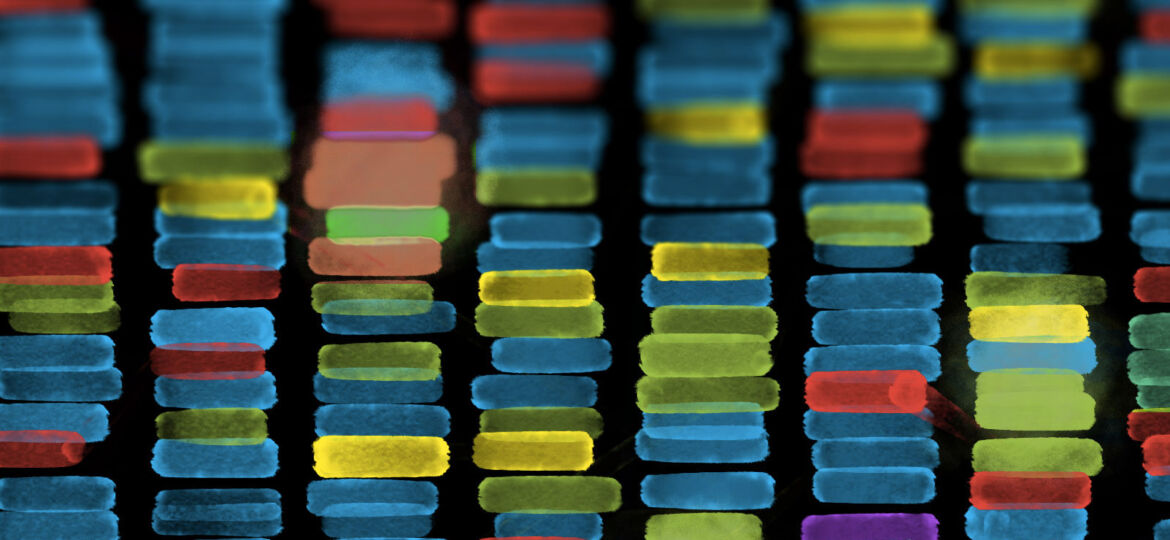
WHY THIS MATTERS IN BRIEF
When scientists can create artificial genomes they will be able to create new designer organisms, and humans, with entirely new, engineered properties and abilities.
Scientists have put forward plans for a follow up to the Human Genome Project (HGP) with a proposal to create the worlds first synthetic human genome and the proposed project would involve writing no less than 3 billion DNA sequences from synthetic laboratory chemicals. No nature involved.
The “Human Genome Project-Write” (HGP-W) as it’s becoming known comes more than a decade after the original HGP, whose goal was to sequence all of the nucleotide base pairs that make up human DNA, and then identify and map all of the genes of the human genome. That project lasted from 1991 until 2004 and cost almost $3Bn.
The new project’s sponsors, including many leading researchers in synthetic biology, say the HGP-W project could take as long as 15 years to complete and cost almost as much as the original. But they also emphasised that the point would not be to create an artificial human – although that is one possible outcome, but to spur biomedical research.
The plan was first discussed a couple of months ago at a meeting in London but was outlined publicly for the first time in Friday’s issue of the journal Science.
The potential benefits that could come from the HGP-W project include being able to grow human organs, engineer cells that are resistant to viruses and cancer, and creating human organoids, 3D organ buds that are grown in vitro, which could be used to test and develop new drugs and vaccines.
The idea of HGP-W though raises fears about scientists creating “designer people” with enhanced traits and capabilities – from intelligence and beauty to strength and endurance. And therein lies the danger. When it does become possible to create an entire synthetic human genome from scratch, with a host of “new traits” designed in, and transplant it into an embryo or egg whose own genetic material had been removed, in a procedure similar to cloning, then we’ll suddenly find ourselves in the position of creating, in essence, the next species of human – and, as you can imagine, that raises a whole host of questions and dilemmas.
“The project is not as controversial as some observers might be saying… there is no call to make an entire human being, at the moment, just as there is no push for doing that with current studies using human embryos,” said John Ward, professor of synthetic biology at University College London.
“It is important to note that the HGP-W project, if started, will be implemented in a non-reproducing laboratory cell line,” added Paul Freemont, co-director of the Centre for Synthetic Biology and Innovation at Imperial College London.
Almost half of the London meeting was devoted to the thorny legal and ethical issues likely to surround the project, said Tom Ellis of Imperial College.
“People posed questions such as whose genome to base the sequence on? Who is allowed to work on the project and use the synthetic genome in the future and for what uses? Do the institutes that make the various synthetic genome regions retain any control or intellectual property on what they have made?” he said.
Scientists have already made a synthetic bacterial genome with around 500,000 chemical letters in its DNA and the next goal is to make a synthetic yeast with 12 million DNA letters by 2018.
Dr Ellis believes an equivalent synthetic human genome could be achieved in 15 years.
“If it gets significant backing, and 20 plus years if it just remains the project of a few labs then we might should be successful but there is no chance of this being done in the next five years given our lack of technologies for quickly incorporating very large DNA into mammalian cells,” he said.
The Human Genome Project-Write supporters want to launch the programme later this year with $100m committed funding from public, private and charitable sources around the world.















